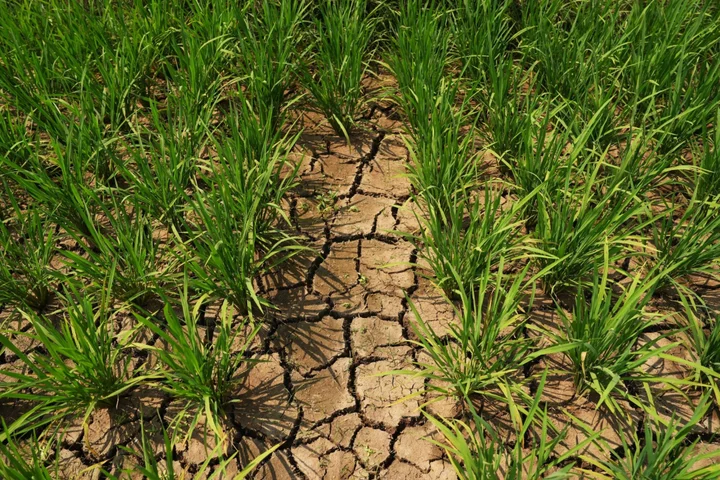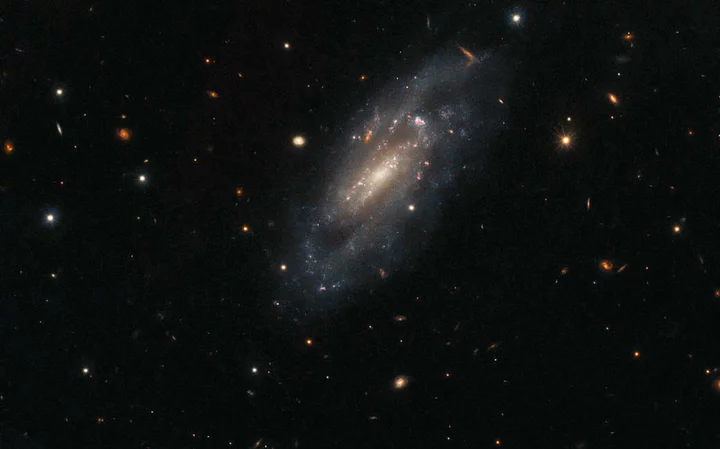Europe is expected to produce less renewable power than usual in September due to unfavorable weather conditions, potentially boosting its demand for coal and gas even before the official heating season starts.
Rain and cloud cover across parts of Europe — as well as weaker winds — will result in lower solar and wind generation, according to some meteorologists. While September doesn’t typically see high energy demand, a continuous drop in temperatures could eventually raise the importance of fossil fuels.
“Lower than typical solar and wind generation would support flexible thermal generation like gas and coal,” said Kerry Thacker-Smith, lead analyst at S&P Global Commodity Insights. That could lead “to an increase in power prices relative to those which could be expected otherwise.”
Europe is nearing the end of a summer that saw dangerous heat waves and historic temperatures, with July marking the world’s hottest month on record. While wildfires and flash floods wreaked havoc throughout the continent, sunshine and an expansion of renewable power infrastructure has caused generation to surge, at times causing power prices to drop below zero.
Average temperatures will drop steadily from early September but still be about 2C to 5C above the historical average in the UK and central Europe, according to Matthew Dross, a meteorologist at Maxar Technologies Inc. Scandinavia and eastern Europe will also see warmth, he said.
Meanwhile, rain in the southwestern tip of Europe will bring temperatures lower than average at the beginning of September. There may be isolated flooding in the Iberian Peninsula, but nothing that will become more widespread, said Alan Reppert, senior meteorologist at AccuWeather.
“Noteworthy is a lower-than-normal solar and wind generation expected this coming month for Europe,” said Andrew Pedrini, a meteorologist at Atmospheric G2. “However, the lower renewable supplies will likely have a smaller impact than if they occurred in the heart of summer or winter, as September is typically not a month of big energy demand.”









